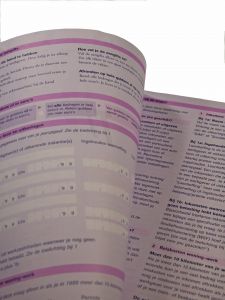New Jersey’s Consumer Fraud Act (the “CFA”) is one of the broadest, strongest, and most far-reaching consumer protection laws in the country. The CFA states that it is unlawful for any person to use any unconscionable commercial practice in the sale of any goods, services, or even real estate in some cases.
https://www.youtube.com/watch?v=nlbl-HlzbMQ
The New Jersey Legislature enacted the CFA in 1960. Amendments in 1971 expanded the Act’s reach and purpose and included provisions to allow for individuals to bring private lawsuits rather than only allowing public actions by the Attorney General. However, the State still plays a significant part in enforcing the Act, led by the New Jersey Division of Consumer Affairs, Office of Consumer Protection.
In the attempt to encourage private actions and reduce the burden to the State in enforcing the CFA, the Act included the ability for claimants to recover treble (triple) damages, reasonable attorneys fees, and litigation expenses. This was done so that even those with little means to bring an action could recover their losses no matter how small, and, in the process, the punitive nature of the damages would further discourage those who would otherwise be tempted to use deceitful or fraudulent practices against others.
Since the CFA is a remedial piece of legislation courts tend to interpret the Act’s language very broadly with the aim of providing the most consumer protection. However, the CFA does have some limits and generally will not apply to claims such as denial of benefits by insurance companies, claims regarding employee benefit plans covered by the Employee Retirement Income Act (“ERISA”), claims regarding hospital services, employment claims, or claims against the government, public utilities, or licensed professionals. “Licensed professionals” typically include accountants, insurance agents, architects, doctors or other professionals where the claimant could have alternative options for recourse such as through malpractice claims.
Continue reading
 New Jersey Lawyers Blog
New Jersey Lawyers Blog









